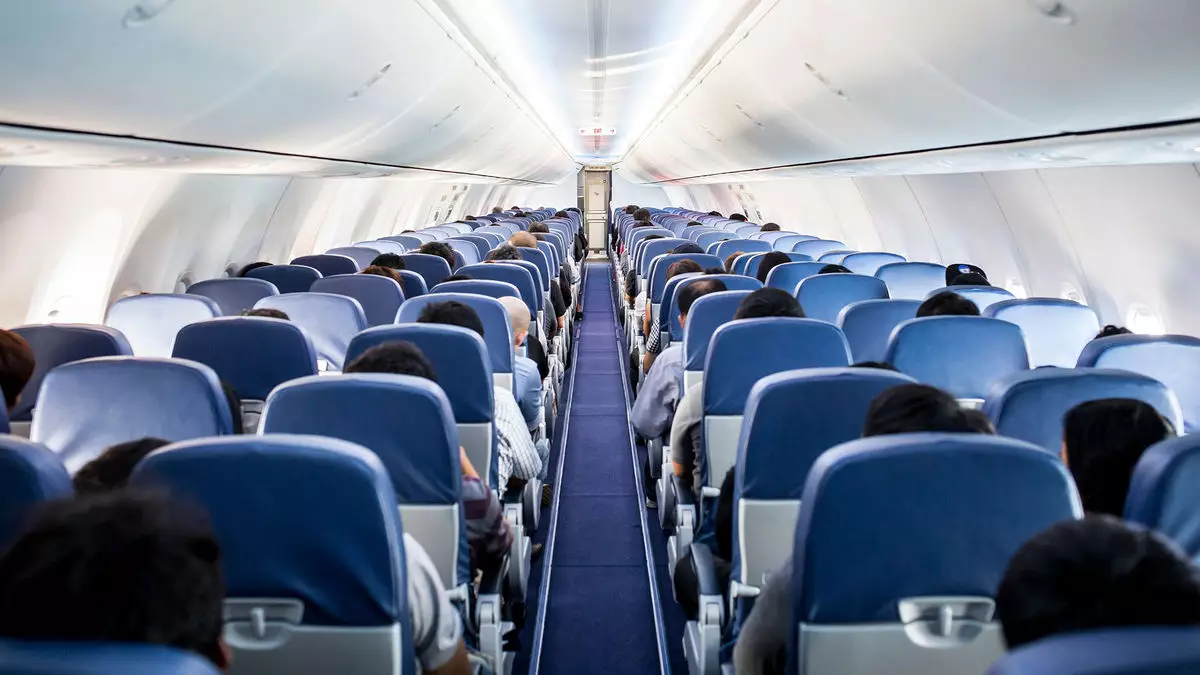In the complex world of air travel, transparency regarding fares and additional fees has become a contentious issue, drawing significant scrutiny from both legislators and consumer advocates. The recent hearing of the Senate Permanent Subcommittee on Investigations has amplified the ongoing battle between some of the largest U.S. airlines and the regulators who aim to establish clearer guidelines for fee disclosures. Despite the claims of transparency, major airlines such as Delta, American, United, Frontier, and Spirit are entangled in a legal fight against a regulation that demands full fare disclosure, explicitly detailing ancillary charges associated with air travel.
The Department of Transportation (DOT) introduced a rule requiring airlines to disclose all fees upfront during flight searches. This regulation, designed to empower consumers, mandates that airlines and ticket agents clearly present the cost of extras like checked bags and cancellation fees right from the beginning of the booking process. Passed in April, this rule aims to mitigate the frustrations passengers often experience when confronted with unexpected expenses at the time of purchase.
However, during the December 4 hearing, prominent airline representatives resisted calls to withdraw a lawsuit challenging the rule. Senator Richard Blumenthal’s questioning highlighted the discrepancy between airlines’ proclaimed commitment to transparency and their active opposition to regulations that could hold them accountable. Despite affirming their dedication to transparency, none of the airline representatives agreed to drop their case—suggesting that the industry’s commitment may not extend beyond mere rhetoric.
The airlines’ legal battle reached a notable level when a three-judge panel of the Fifth U.S. Circuit Court of Appeals ruled that the DOT’s rule might overstep its authority, claiming that it presents irreparable harm to airlines’ operational freedom. This decision has created a temporary win for the carriers but raises questions about the adequacy of current regulations in protecting consumer interests.
Peter Carter, Delta’s legal head, expressed a sentiment echoed by various airline representatives—that while they acknowledge the spirit of transparency espoused by the DOT, the specifics of the proposed rule might be excessive. This highlights a potential concern that a balance must be struck between regulatory oversight and operational flexibility for airlines. In the end, while the airlines may disclose certain fees, the crux of their objection lies in how and when those fees are made known to consumers.
An essential focus of the Senate hearing revolved around the substantial ancillary fees that airlines have adopted as a significant revenue stream. The practice of charging for services traditionally deemed free, such as seat selection, has raised eyebrows and prompted investigations into whether these fees are adequately taxed. United Airlines notably addressed allegations concerning its payment of the air transportation excise tax on seat selection fees, insisting that their fees are indeed taxed but suggesting that the investigation sprung from a misunderstanding of their financial reporting.
Additionally, the hearing delved into the incentivization strategies employed by airlines like Spirit and Frontier, which reportedly paid substantial amounts—over $26 million combined—in employee incentives to collect additional fees. The so-called “bounty payments” drew pointed criticism from Senator Blumenthal, who highlighted how these practices might exploit consumers, especially those who are in vulnerable positions at the airport. Frontier officials defended their approach, claiming their intent was to uphold compliance with established policies rather than simply to generate revenue.
At the heart of the debate over airline fee transparency lies the passenger experience. Blumenthal’s poignant observation about the frustrations faced by customers who are suddenly confronted with unexpected fees during boarding encapsulates the broader issue. Many travelers find themselves rushed and vulnerable, often with little recourse to challenge or inquire about fees imposed at the gate. As the hearing concluded, the emotional impact of these practices resonated clearly; travelers often feel cornered into making hasty decisions, which can lead to confusion and resentment.
As the battle over fee transparency continues, it is clear that the landscape of the airline industry is at a crossroads. Achieving a balance between ensuring consumer protection without strangling airline operational capabilities will be paramount. Policymakers must navigate these turbulent waters carefully, listening to both consumer advocates’ calls for transparency and the airlines’ concerns about excessive regulation. The outcome of this struggle could reshape the air travel experience for millions, potentially resulting in a more transparent and fair system for consumers navigating the complexities of airline fees. In an era where every dollar counts for travelers, a more honest marketplace is not just desirable; it is essential for fostering trust and accountability within the airline industry.


Leave a Reply